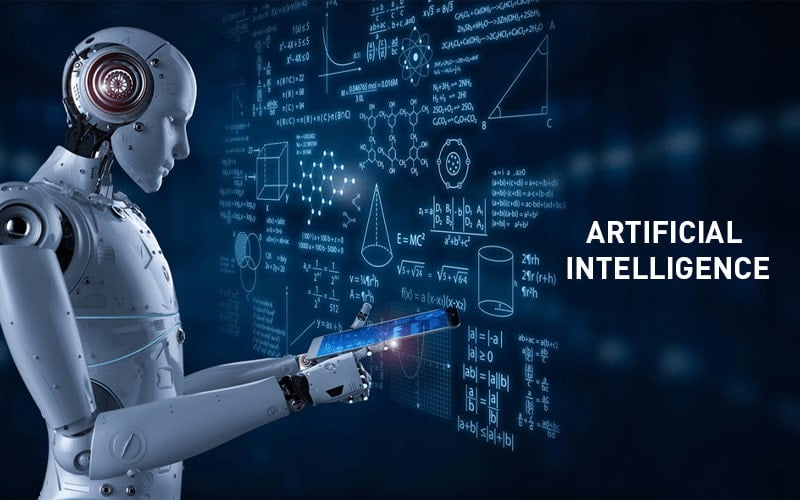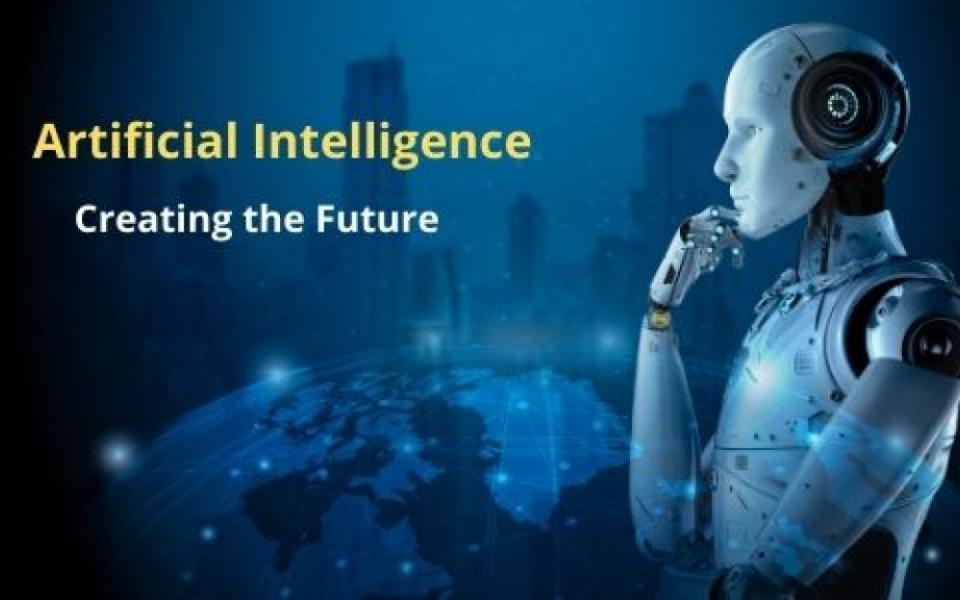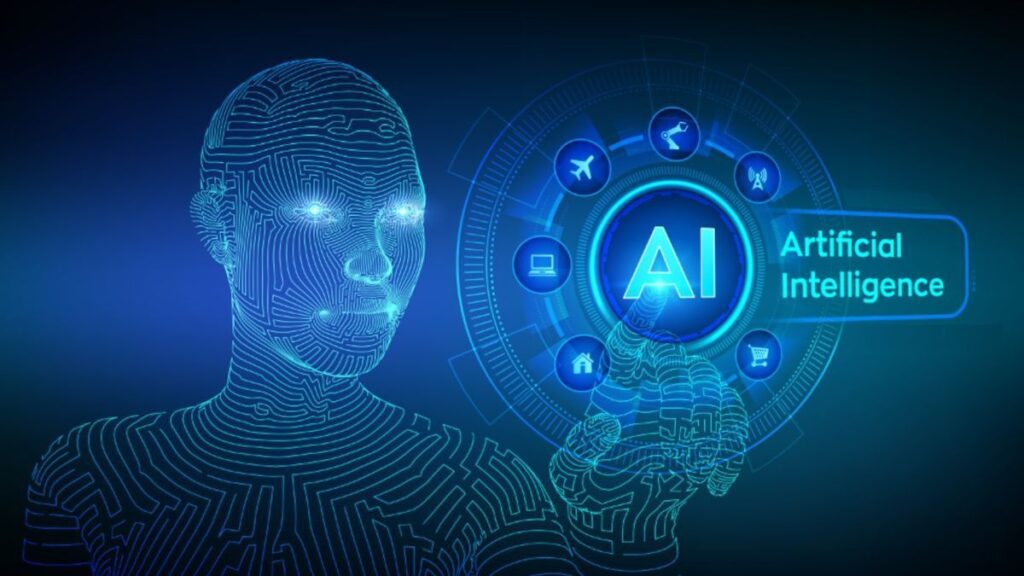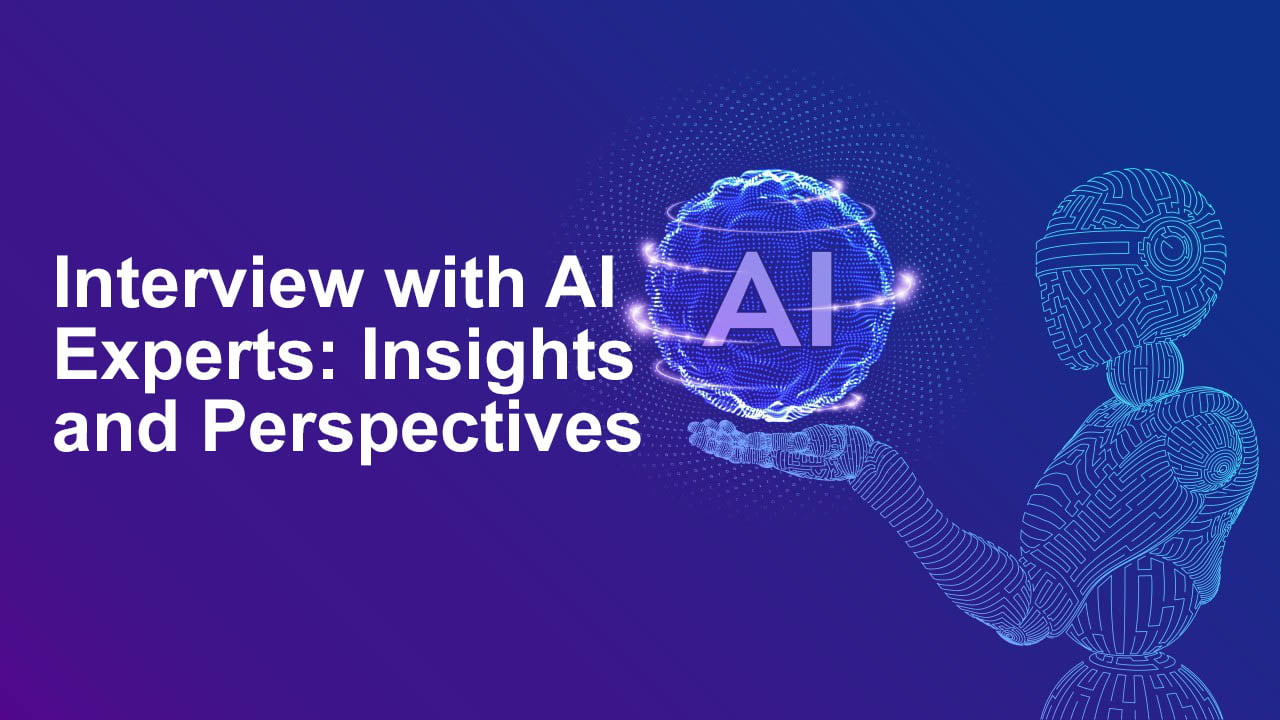The integration of Artificial Intelligence (AI) into education has emerged as a revolutionary force, reshaping the way we learn and teach. From personalized learning experiences to advanced tutoring systems, AI Education Transformation is fostering a new era of innovation and efficiency.
Introduction
In recent years, the term “AI in Education” has gained significant attention, signifying the incorporation of artificial intelligence technologies to enhance learning experiences. The importance of AI in education lies in its ability to tailor learning paths for individual students, providing a more adaptive and engaging educational journey.
AI Applications in Education

Personalized Learning
One of the primary applications of AI in education is personalized learning. AI algorithms analyze students’ strengths and weaknesses, adapting the curriculum to suit their unique learning styles.
Intelligent Tutoring Systems
AI-powered tutoring systems provide real-time feedback, allowing students to receive personalized guidance and support outside traditional classroom hours.
Virtual Classrooms
The concept of virtual classrooms powered by Artificial Intelligence (AI) facilitates remote learning, breaking down geographical barriers and enabling access to quality education worldwide.
Automated Grading Systems
AI-based grading systems streamline the evaluation process, providing quicker and more accurate feedback to both students and educators.
Benefits of AI in Education
Enhanced Learning Efficiency
AI aids in optimizing learning processes, making them more efficient and effective. Students can grasp complex concepts at their own pace, leading to better understanding and retention.
Adaptability to Individual Learning Styles
The adaptability of AI systems ensures that each student’s unique learning style is accommodated, fostering a more inclusive and personalized educational environment.
Increased Engagement
Interactive AI tools captivate students’ attention, making the learning experience more engaging and enjoyable.
Time and Cost Savings
Automation of administrative tasks and grading allows educators to focus more on teaching, reducing the overall time and cost burden on educational institutions.
Challenges and Concerns
Privacy and Security Issues
The use of AI in education raises concerns about the privacy and security of students’ data. Implementing robust security measures is crucial to mitigate these risks.
Lack of Human Touch
Critics argue that AI lacks the human touch essential for effective teaching. Striking the right balance between technology and human interaction is imperative.
Technological Barriers
Some educational institutions may face challenges in implementing Artificial Intelligence (AI) due to limited technological infrastructure. Bridging this gap is essential for widespread adoption.
Ethical Considerations
The ethical implications of AI in education, such as bias in algorithms and decision-making, need careful consideration to ensure fair and just learning environments.
Future Trends in AI and Education

Integration of Augmented Reality
The future sees the integration of augmented reality, enhancing the immersive learning experience for students.
AI-driven Content Creation
AI-generated content will play a pivotal role in creating customized learning materials, catering to diverse educational needs.
Expansion of AI Learning Platforms
The proliferation of AI-driven learning platforms will broaden access to quality education globally.
Ethical AI Education
Educational programs focusing on ethical Artificial Intelligence (AI) use will become integral, shaping responsible AI practitioners and users.
Success Stories
Case Studies of Successful AI Implementations
Examining real-world success stories highlights the positive impact of AI on educational institutions.
Positive Impact on Educational Institutions
Educators and students alike share their experiences, showcasing the transformative effect AI has had on traditional educational models.
Overcoming Skepticism
Addressing Misconceptions
Common misconceptions about AI in education must be addressed to build trust and understanding.
Building Trust in AI Systems
Transparency and effective communication are key to building trust in Artificial Intelligence (AI) systems among educators, students, and parents.
The Role of Educators
Collaboration with AI
Educators are not replaced by AI but rather collaborate with these technologies to enhance the overall learning experience.
Professional Development for Educators
Training programs empower educators to effectively integrate and leverage Artificial Intelligence (AI) tools in their teaching methods.
The Student Perspective
Feedback from Students
Insights from students using AI tools provide valuable perspectives on the impact of these technologies on their education.
Student Involvement in AI Development
Involving students in the development process ensures that AI tools align with their needs and preferences.
Government Initiatives and Policies
Support for AI Integration in Education
Governments play a crucial role in supporting Artificial Intelligence (AI) initiatives and providing necessary resources and infrastructure.
Regulatory Frameworks
Establishing clear regulatory frameworks ensures ethical Artificial Intelligence (AI) use in education and protects students’ rights.
AI and Inclusivity in Education
Bridging Educational Gaps
AI has the potential to bridge gaps in educational access, providing quality learning experiences to underserved communities.
Addressing Diverse Learning Needs
Customizable AI tools address diverse learning needs, making education more inclusive and accessible.
Tips for Effective Artificial Intelligence (AI) Integration
Training for Educators and Students
Comprehensive training programs are essential for educators and students to maximize the benefits of Artificial Intelligence (AI) education transformation.
Continuous Evaluation and Improvement
Regular evaluation and improvement of AI systems ensure their effectiveness and relevance in evolving educational landscapes.
The Role of Data in Artificial Intelligence (AI) Education

Responsible Data Usage
Strict adherence to data privacy principles is crucial to prevent misuse and ensure the responsible use of student data.
Ensuring Data Privacy
Implementing robust data privacy measures safeguards students’ sensitive information from unauthorized access.
The Global Landscape
AI in Education Worldwide
Examining the global landscape provides insights into regional variances and approaches to AI integration in education.
Regional Variances and Approaches
Different regions adopt diverse strategies, reflecting cultural, economic, and educational disparities.
Conclusion
In conclusion, AI in education marks a paradigm shift in the way we approach learning. While challenges exist, the benefits and potential for transformative change cannot be ignored. As we move forward, collaboration, ethical considerations, and continuous improvement will be key to maximizing the positive impact of AI in education.
FAQs
-
Is AI replacing teachers in the classroom?
- No, AI is designed to collaborate with educators, enhancing teaching methods and providing personalized support.
-
How can AI address diverse learning needs?
- AI tools can be customized to adapt to individual learning styles, making education more inclusive.
-
What measures are in place to ensure data privacy in AI education transformation?
- Strict data privacy principles and robust security measures are implemented to safeguard students’ sensitive information in AI education transformation.
-
Are there successful examples of AI implementation in education?
- Yes, various case studies highlight the positive impact of AI on educational institutions worldwide.
-
How can educators and students benefit from AI in professional development?
- Training programs empower educators and students to effectively integrate and leverage AI tools in their educational journey.



